I am Guest Professor of Data Science: Statistics and Optimization at the University of Twente and Professor of Machine Learning and Optimization at the Department of Computer Science, Paderborn University, Germany. I am member of the European Research Center for Information Systems (ERCIS) and head of the ERCIS competence center Social Media Analytics as well as the ERCIS research cluster 'Data Science and AI'.
My research mainly focuses on Data Science, Data Stream Mining, Social Media Analytics, Algorithmization and Social Interaction, Automated Algorithm Selection and Configuration as well as (Multiobjective) Evolutionary Optimization.
Expertise
Computer Science
- Optimization Problem
- Multiobjective
- Single Objective
- Algorithms
- Continuous Optimization
- Algorithm Selection
- Social Media
- Detection
Organisations
Ancillary activities
- Paderborn University , GermanyProfessor of Machine Learning and Optimisation
Please have a look at my complete publication list :-)
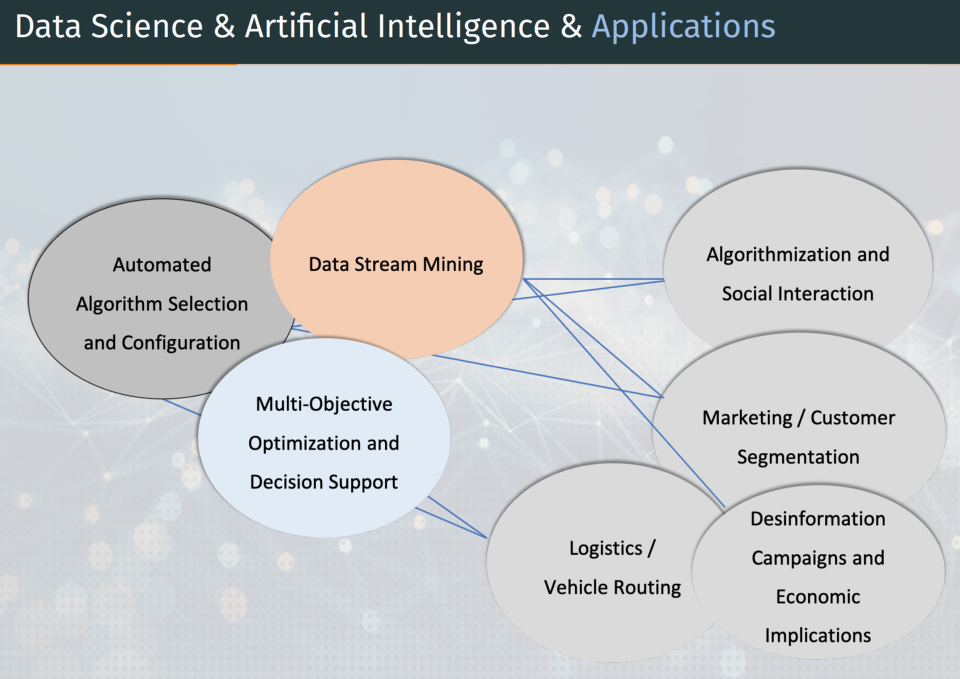
Publications
2025
2024
Research profiles
I am study coordinator of the executive master program "Data Science" (University of Münster Professional School). This is a joint program of UT and the University of Münster.
In my previous role of Vice Dean of Internationalization at the University of Münster, I supported two Double Degree Agreements between UT and UM:
- Double degree Bachelor
“International Business Administration – Learning across Borders” - Double degree Master in
“Business Information Systems and Data Science”
Affiliated study programs
Current projects
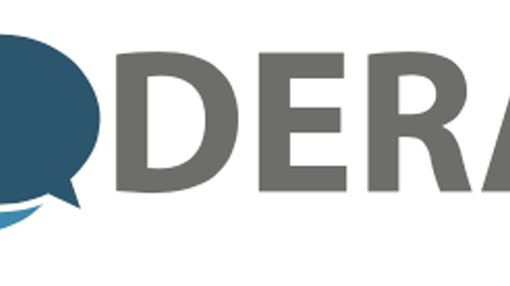
Reducing the moderation effort of user comments with the help of automation using text analytical methods (MODERAT!)
In recent years, a rapid increase in racist, political and religiously motivated hate commentary has led many newspaper editors to deactivate their online comment functions on their websites. While this is understandable from an economic point of view for the individual publishers, serious problems for the public discourse arise in view of restriction quotas of up to 50%. The MODERAT! project aims to use an integrative and interdisciplinary approach to develop software tools and a web platform that will enable operators to moderate web debates with significantly less effort. Comments are analyzed automatically, so that only a small number of critical comments have to be viewed manually. In this way, media houses and publishers should be able to offer web debates again on their own websites and thus enter into a more active exchange with the readership.
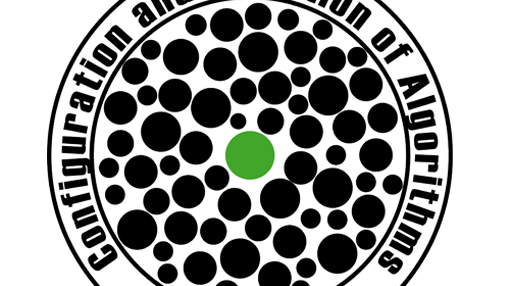
COSEAL - Configuration and Selection of Algorithms
The COSEAL research group is an international consortium of researchers from all over the world which addresses current challenges from Algorithm Selection, Algorithm Configuration and Machine Learning.
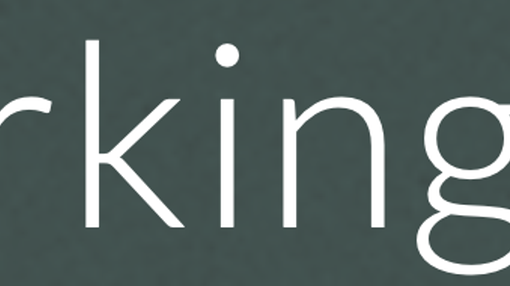
Benchmarking Network
The Benchmarking Network is an initiative that has emerged in summer 2019, with the idea to consolidate and to stimulate activities on benchmarking iterative optimization heuristics such as local search algorithms, swarm intelligence techniques, model- and/or surrogate-based heuristics, etc - in short, all algorithms that work by a sequential evaluation of solution candidates.
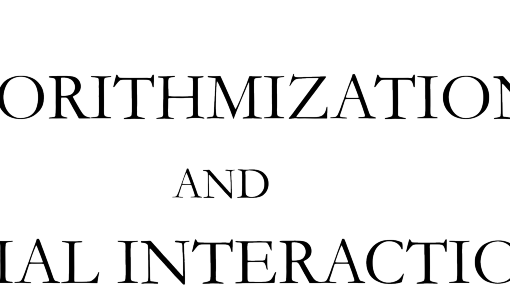
Algorithmization and Social Interaction
Topical Program at the University of Münster, Germany
Imagine you call a company and your request is no longer answered by a human being but by an artificial assistant – how does this affect you as an individual and society at large? And does the customization of information in social media and online environments limit our horizon, or even keeps us in a “filter bubble”? These are just a few of the socially and politically relevant core questions of the interdisciplinary topical program “Algorithmization and Social Interaction”.
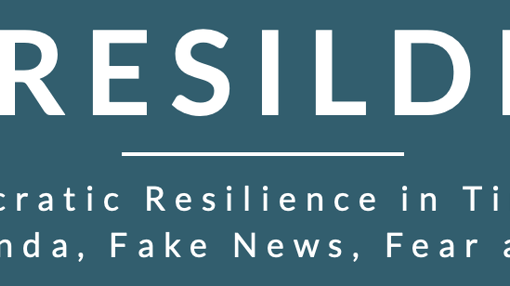
DemoRESILdigital: Democratic Resilience in Times of Online-Propaganda, Fake News, Fear- and Hate speech
This junior research group is supported by the Digital Society research program funded by the Ministry of Culture and Science of the German State of North Rhine-Westphalia. The group is associated with the Department of Communication and the Department of Information Systems of the University of Münster, Germany.
Organisations
Additional contact information
Department of Information Systems
Data Science: Statistics and Optimization
University of Münster
Leonardo-Campus 3
48149 Münster, Germany